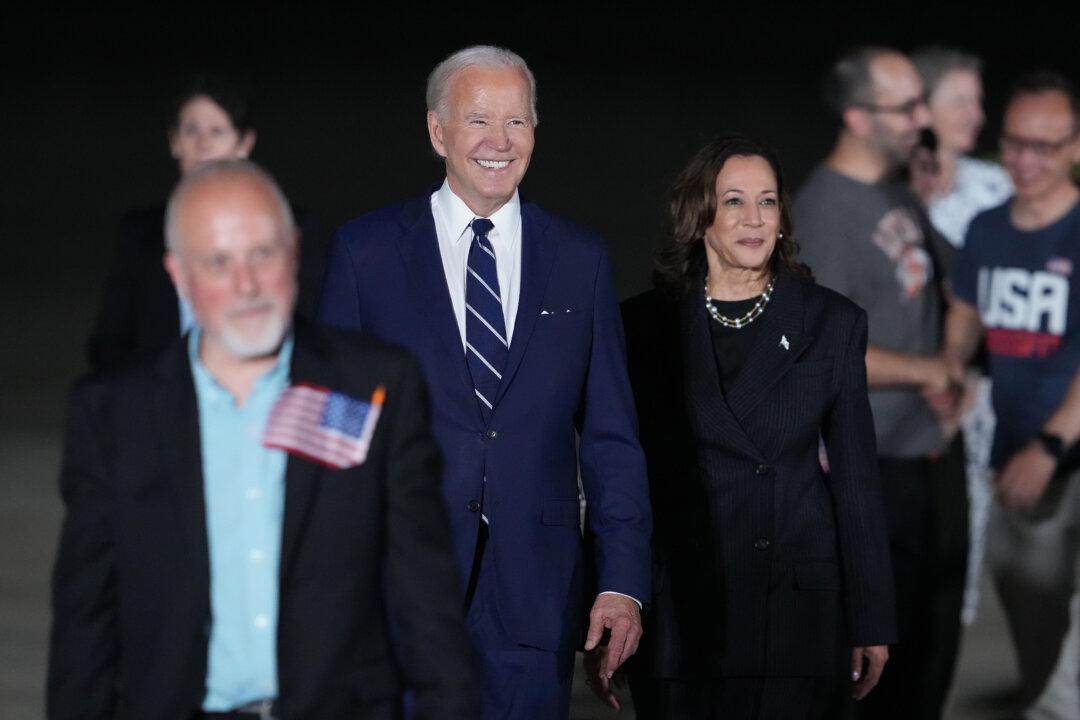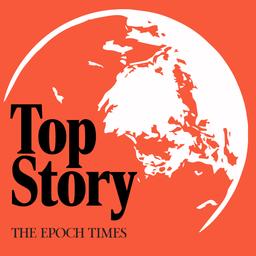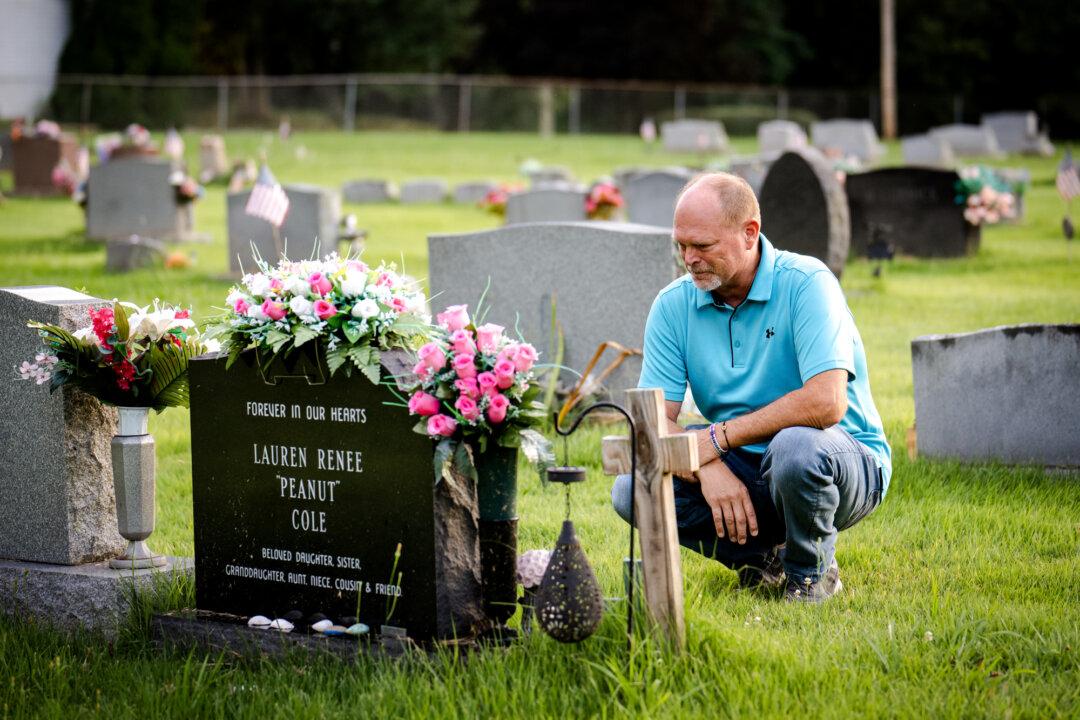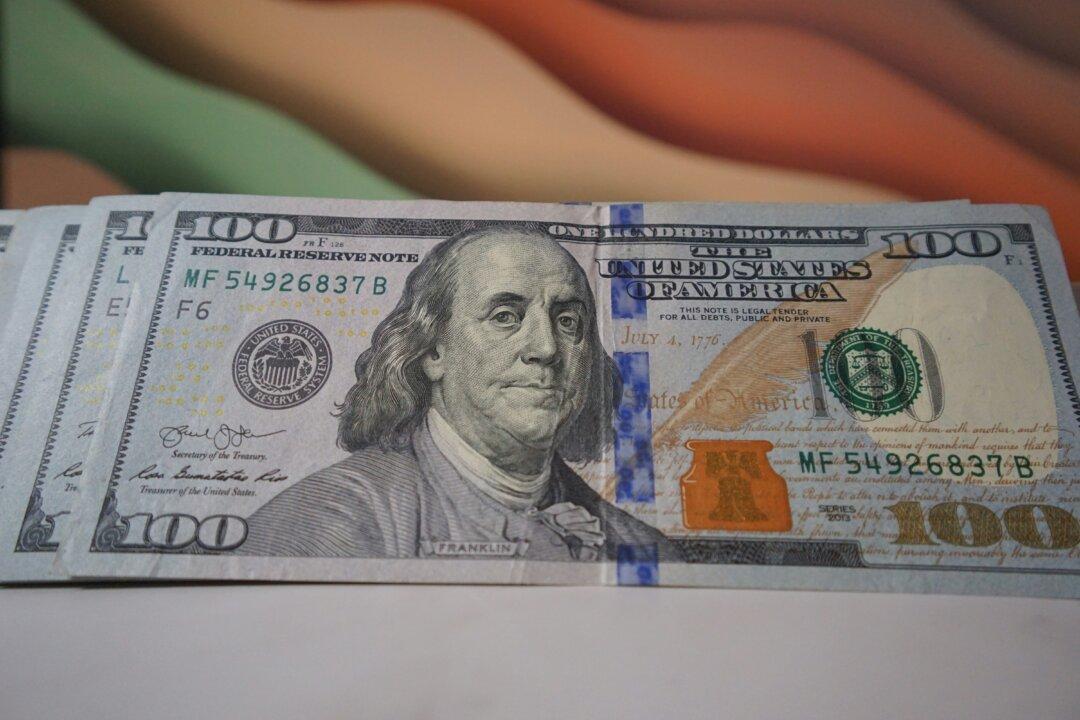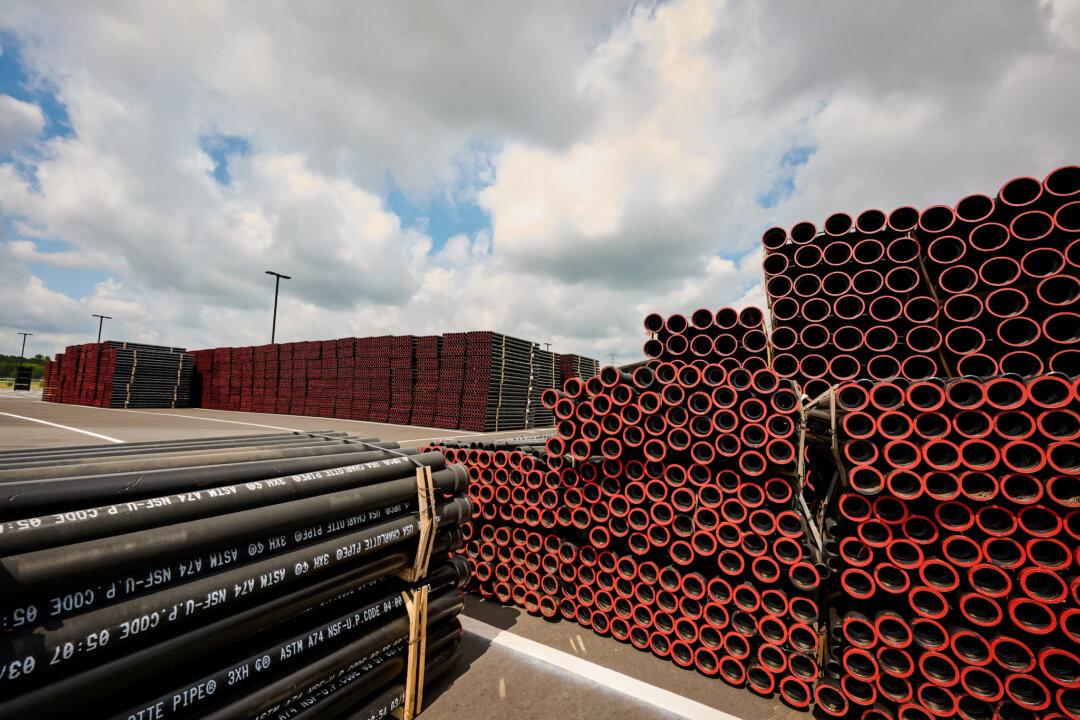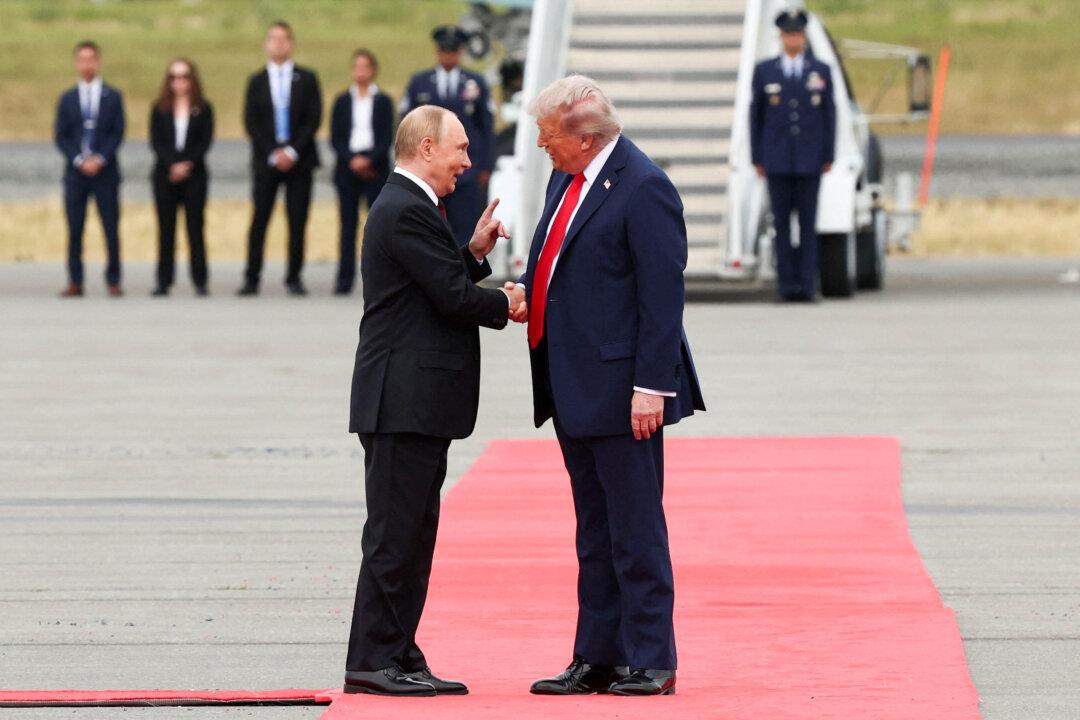This text appeared in the ‘Top Story’ email newsletter sent on Aug. 3, 2024.
President Joe Biden is set to close out the final months of his presidency on a diplomatic high note after achieving success in a landmark, multinational prisoner exchange.Biden personally greeted the three Americans who were returned to the United States this week after being detained in Russia on what Washington saw as trumped-up charges, in some cases, for years.
